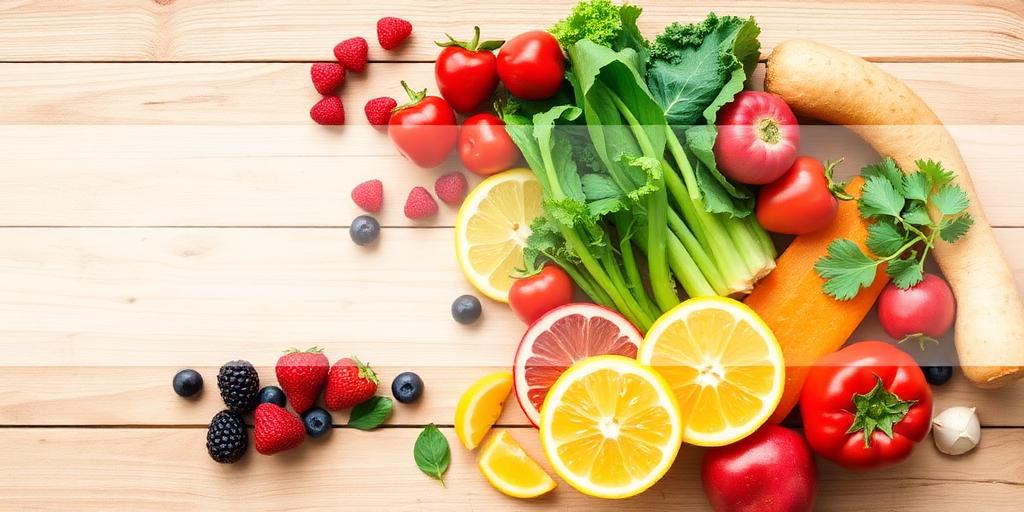Nutrition for Teenagers: Fueling Growth and Development
Adolescence is a period of rapid growth and development, second only to infancy. During these years, teenagers experience significant changes in their bodies, brains, and social lives. Proper nutrition is crucial to support these changes and ensure a healthy future. This article provides a comprehensive guide to the nutritional needs of teenagers, offering practical advice and tips to help them make informed food choices.
Why is Nutrition Important for Teenagers?
- Growth and Development: Teenagers need adequate nutrients to support bone growth, muscle development, and hormonal changes.
- Energy Levels: Proper nutrition fuels physical activities, sports, and academic pursuits.
- Cognitive Function: Nutrients like iron, zinc, and B vitamins play a crucial role in brain function, memory, and concentration.
- Long-Term Health: Establishing healthy eating habits during adolescence reduces the risk of chronic diseases like obesity, diabetes, and heart disease later in life.
Key Nutrients for Teenagers
Calcium:
- Importance: Essential for building strong bones and preventing osteoporosis later in life.
- Sources: Dairy products (milk, yogurt, cheese), fortified plant-based milks, leafy green vegetables, tofu, and fortified cereals.
- Recommended Daily Intake: 1300 mg
Iron:
- Importance: Needed for producing hemoglobin, which carries oxygen in the blood. Iron deficiency can lead to fatigue and impaired cognitive function.
- Sources: Red meat, poultry, fish, beans, lentils, spinach, and fortified cereals.
- Recommended Daily Intake: 15 mg for females, 11 mg for males
Protein:
- Importance: Crucial for muscle development, tissue repair, and enzyme production.
- Sources: Meat, poultry, fish, eggs, dairy products, beans, lentils, nuts, and seeds.
- Recommended Daily Intake: 0.85 grams per kilogram of body weight
Vitamin D:
- Importance: Helps the body absorb calcium and supports bone health.
- Sources: Sunlight exposure, fortified milk, fatty fish, and fortified cereals.
- Recommended Daily Intake: 600 IU (15 mcg)
Fiber:
- Importance: Promotes healthy digestion, regulates blood sugar levels, and helps maintain a healthy weight.
- Sources: Fruits, vegetables, whole grains, beans, and lentils.
- Recommended Daily Intake: 25-35 grams
Practical Tips for Healthy Eating
Eat a Variety of Foods:
- Include fruits, vegetables, whole grains, lean proteins, and healthy fats in your diet.
Limit Processed Foods:
- Reduce consumption of sugary drinks, fast food, and packaged snacks, which are often high in calories, sugar, and unhealthy fats.
Stay Hydrated:
- Drink plenty of water throughout the day. Avoid sugary beverages like soda and juice.
Don't Skip Meals:
- Eat regular meals and snacks to maintain energy levels and prevent overeating later in the day.
Read Nutrition Labels:
- Pay attention to serving sizes, calories, and the amounts of sugar, fat, and sodium in packaged foods.
Cook at Home More Often:
- This gives you control over the ingredients and portion sizes, making it easier to eat healthily.
Make Gradual Changes:
- Start by making small, sustainable changes to your diet, rather than trying to overhaul everything at once.
Addressing Common Nutritional Challenges
Busy Schedules:
- Pack healthy snacks and meals ahead of time to avoid relying on convenience foods.
Peer Pressure:
- Make informed choices based on your health goals, rather than succumbing to peer pressure.
Body Image Issues:
- Focus on nourishing your body with healthy foods, rather than restricting calories or following fad diets. Seek guidance from a registered dietitian or healthcare provider if needed.
Conclusion
Proper nutrition is essential for supporting the growth, development, and overall health of teenagers. By focusing on key nutrients, following practical tips, and addressing common challenges, teenagers can establish healthy eating habits that will benefit them throughout their lives. Encourage teenagers to make informed food choices and prioritize their nutritional needs to fuel a healthy and successful future.









